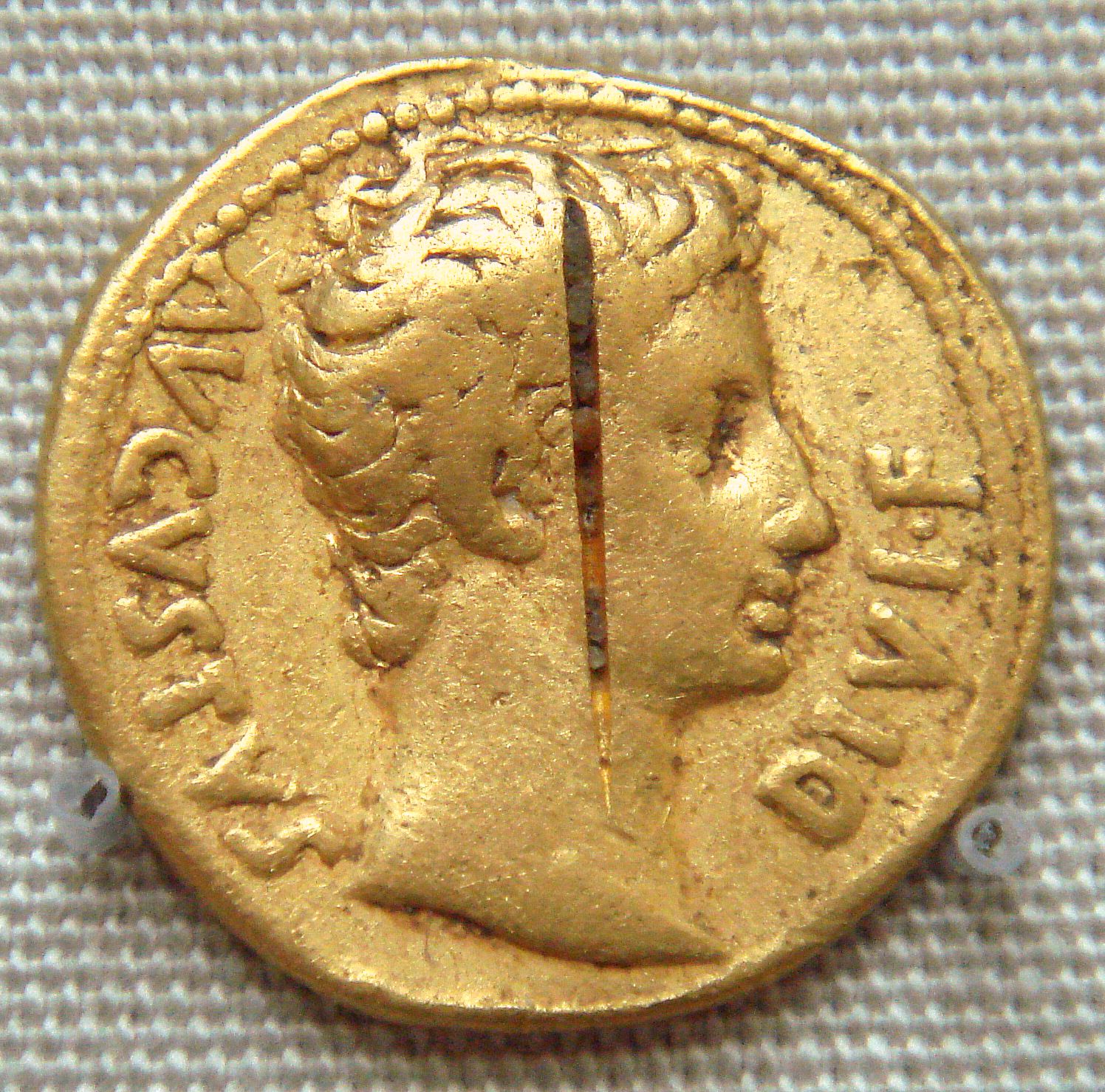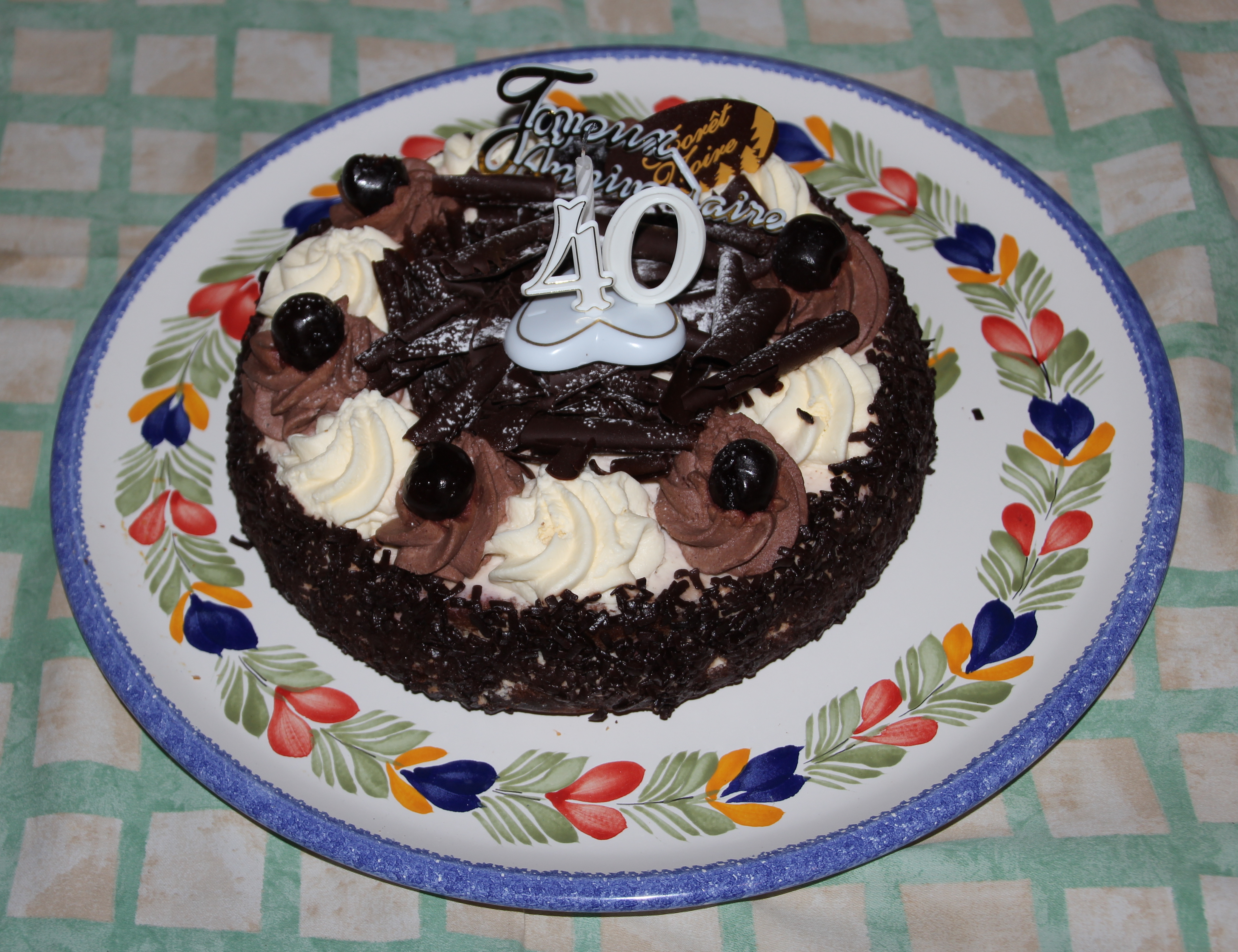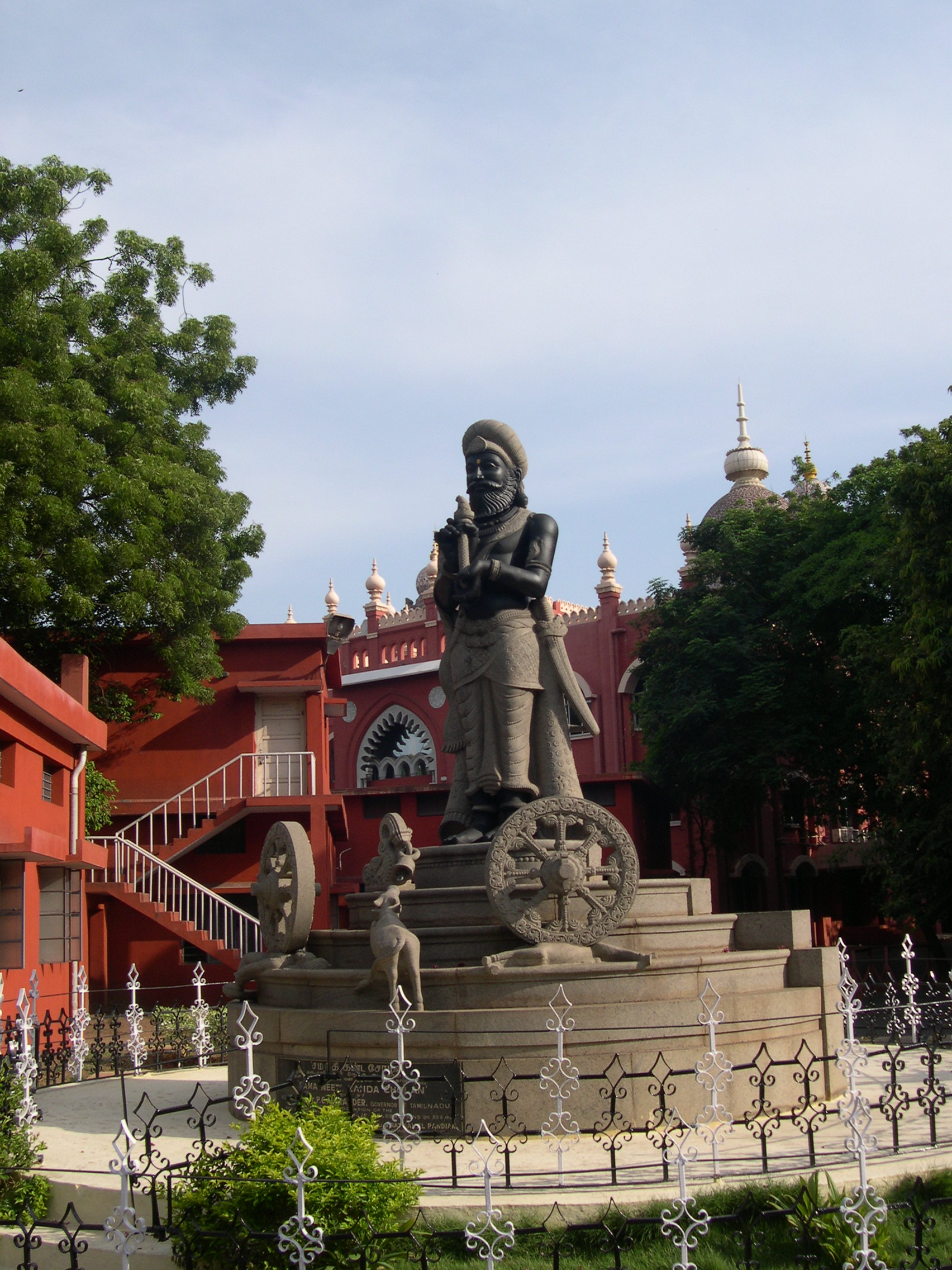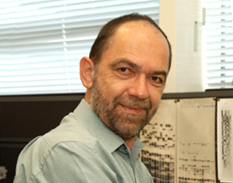|
Prem Kumar (Premananda)
Prem Kumar (17 November 1951 – 21 February 2011), better known as Swami Premananda, a Sri-Lankan born Indian religious guru and monk who founded the Premananda ashram. He was convicted of multiple counts of rape and a murder in 1997. Life and work Originally a Tamil from Sri Lanka, Kumar had an ashram and orphanage in his birthplace Matale. During his years in Matale, Sri Lanka he was popularly known as 'Ravi', meaning 'sun', as he had a radiant face. He moved to India with his followers in 1983 to escape the Sri Lankan Civil War, bringing with him undocumented Sri Lankan orphans who had been in his care. He initially opened an ashram in a rented building in Tiruchirappalli, then moved to Fatimanagar in 1989. The ashram there covered 150 acres of land with plantations of flowers, fruit, and teak. The ashram served as a shelter for women and orphan children. In India, he was fondly called 'Kutti Sai Baba' which means little Sai Baba in Tamil as he had a hairstyle similar to ... [...More Info...] [...Related Items...] OR: [Wikipedia] [Google] [Baidu] |
Matale
Matale ( Sinhala: මාතලේ, ta, மாத்தளை, translit=Māttaḷai) is the administrative capital city of the Matale District. It is the most urbanised and populated centre in the district. Matale is also the second largest municipal and urban centre in central province after Kandy. It is located at the heart of the central hills of the island and lies in a broad, fertile valley at an elevation of above sea level. Surrounding the city are the Knuckles Mountain Range, the foothills were called ''Wiltshire'' by the British. They have also called this place as Matelle. History Matale is the only district of Sri Lanka, where an ancient book of written history is found. It is known as ''Pannagamam - பன்னாகமம் ("Five Headed Serpent" in English) of Goddess Muthumari in Sri Muthumariamman Temple, Matale.'' The most important historical incident in Matale is writing the thripitaka which was held during the ruling period of king Walagamba in 89- ... [...More Info...] [...Related Items...] OR: [Wikipedia] [Google] [Baidu] |
Pudukkottai
Pudukkottai is the administrative headquarters of Pudukkottai District in the Indian state of Tamil Nadu. It is a large city located on the banks of the Vellar River. It has been ruled, at different times, by the mutharaiyar dynasty , Cholas, Early Pandyas, Thondaimans, and the British. It is situated about southwest of the state capital Chennai and about southeast of Tiruchirappalli. Tamil Nadu's first woman Asian Games competitor, Santhi Soundarajan, is from Pudukkottai. Being the district headquarters, Pudukkottai has district administrative offices, besides government educational institutes, colleges, and schools. Pudukkottai is a part of the Pudukkottai constituency and elects its member to the legislative assembly every five years; and is a part of the Lok Sabha constituency comprising Ramanathapuram, Sivaganga, Tiruchirappalli and Karur. The city is administered by a selection-grade municipality established in 1912 as per the Municipal Corporation Act. Pudukkottai co ... [...More Info...] [...Related Items...] OR: [Wikipedia] [Google] [Baidu] |
Birth Anniversary
A birthday is the anniversary of the birth of a person, or figuratively of an institution. Birthdays of people are celebrated in numerous cultures, often with birthday gifts, birthday cards, a birthday party, or a rite of passage. Many religions celebrate the birth of their founders or religious figures with special holidays (e.g. Christmas, Mawlid, Buddha's Birthday, and Krishna Janmashtami). There is a distinction between birth''day'' and birth''date'': the former, except for February 29, occurs each year (e.g. January 15), while the latter is the complete date when a person was born (e.g. January 15, 2001). Legal conventions In most legal systems, one becomes a legal adult on a particular birthday when they reach the age of majority (usually between 12 and 21), and reaching age-specific milestones confers particular rights and responsibilities. At certain ages, one may become eligible to leave full-time education, become subject to military conscription or to enlist in ... [...More Info...] [...Related Items...] OR: [Wikipedia] [Google] [Baidu] |
Deccan Herald
''Deccan Herald'' is an Indian English language daily newspaper published from the Indian state of Karnataka. It was founded by K. N. Guruswamy, a liquor businessman from Ballari and was launched on 17 June 1948. It is published by The Printers Mysore, a privately held company owned by the Nettakallappa family, heirs of Guruswamy. It has seven editions printed from Bengaluru, Hubballi, Davanagere, Hosapete, Mysuru, Mangaluru, and Kalaburagi. History and background ''Deccan Herald'' was launched on 17 June 1948. Its founder, K. N. Guruswamy, in search of a suitable location for a news publishing business, purchased a bar and restaurant called Funnel's, that was owned by an Irish couple, in March 1948. Despite having no experience in the newspaper industry, Guruswamy, along with his close aides and well wishers, decided to launch two newspapers from Bangalore since there was no such title at the time. The Deccan Herald is an Indian English-language daily newspaper published fr ... [...More Info...] [...Related Items...] OR: [Wikipedia] [Google] [Baidu] |
Habeas Corpus
''Habeas corpus'' (; from Medieval Latin, ) is a recourse in law through which a person can report an unlawful detention or imprisonment to a court and request that the court order the custodian of the person, usually a prison official, to bring the prisoner to court, to determine whether the detention is lawful. The writ of ''habeas corpus'' was described in the eighteenth century by William Blackstone as a "great and efficacious writ in all manner of illegal confinement". It is a summons with the force of a court order; it is addressed to the custodian (a prison official, for example) and demands that a prisoner be brought before the court, and that the custodian present proof of authority, allowing the court to determine whether the custodian has lawful authority to detain the prisoner. If the custodian is acting beyond their authority, then the prisoner must be released. Any prisoner, or another person acting on their behalf, may petition the court, or a judge, for a ... [...More Info...] [...Related Items...] OR: [Wikipedia] [Google] [Baidu] |
Supreme Court Of India
The Supreme Court of India (IAST: ) is the supreme judicial authority of India and is the highest court of the Republic of India under the constitution. It is the most senior constitutional court, has the final decision in all legal matters except for personal laws and interstate river disputes, and also has the power of judicial review. The Chief Justice of India is the Head and Chief Judge of the Supreme Court, which consists of a maximum of 34 judges, and has extensive powers in the form of original, appellate and advisory jurisdictions. New judges here are uniquely nominated by existing judges and other branches of government have neglible say as the court follows collegium system for appointments. As the apex and most powerful constitutional court in India, it takes up appeals primarily against verdicts of the High Courts of various states of the Union and other courts and tribunals. It is required to safeguard the fundamental rights of citizens and settles disput ... [...More Info...] [...Related Items...] OR: [Wikipedia] [Google] [Baidu] |
The Hindu
''The Hindu'' is an Indian English-language daily newspaper owned by The Hindu Group, headquartered in Chennai, Tamil Nadu. It began as a weekly in 1878 and became a daily in 1889. It is one of the Indian newspapers of record and the second most circulated English-language newspaper in India, after '' The Times of India''. , ''The Hindu'' is published from 21 locations across 11 states of India. ''The Hindu'' has been a family-owned newspaper since 1905, when it was purchased by S. Kasturi Ranga Iyengar from the original founders. It is now jointly owned by Iyengar's descendants, referred to as the "Kasturi family", who serve as the directors of the holding company. The current chairperson of the group is Malini Parthasarathy, a great-granddaughter of Iyengar. Except for a period of about two years, when S. Varadarajan held the editorship of the newspaper, the editorial positions of the paper were always held by members of the family or held under their direction. His ... [...More Info...] [...Related Items...] OR: [Wikipedia] [Google] [Baidu] |
Madras High Court
The Madras High Court is a High Court in India. It has appellate jurisdiction over the state of Tamil Nadu and the union territory of Puducherry. It is located in Chennai, and is the third oldest high court of India after the Calcutta High Court in Kolkata and Bombay High Court in Mumbai. The Madras High Court is one of three high courts of colonial India established in the three Presidency Towns of Madras, Bombay and Calcutta by letters patent granted by Queen Victoria, dated 26 June 1862. It exercises original jurisdiction over the city of Chennai, as well as extraordinary original jurisdiction, civil and criminal, under the letters patent and special original jurisdiction for the issue of writs under the Constitution of India. Covering 107 acres, the court complex is one of the largest in the world, second only to the Supreme Court of the United Kingdom. The High Court consists of 74 judges and a chief justice. History From 1817 to 1862, the Supreme Court of Madras was ... [...More Info...] [...Related Items...] OR: [Wikipedia] [Google] [Baidu] |
The Indian Express
''The Indian Express'' is an English-language Indian daily newspaper founded in 1932. It is published in Mumbai by the Indian Express Limited, Indian Express Group. In 1999, eight years after the group's founder Ramnath Goenka's death in 1991, the group was split between the family members. The southern editions took the name ''The New Indian Express'', while the northern editions, based in Mumbai, retained the original ''Indian Express'' name with ''"The"'' prefixed to the title. History In 1932, the ''Indian Express'' was started by an Ayurvedic doctor, P. Varadarajulu Naidu, at Chennai, being published by his "Tamil Nadu" press. Soon under financial difficulties, he sold the newspaper to Swaminathan Sadanand, the founder of ''The Free Press Journal'', a national news agency. In 1933, the ''Indian Express'' opened its second office in Madurai, launching the Tamil language, Tamil edition, ''Dinamani''. Sadanand introduced several innovations and reduced the price of the newspa ... [...More Info...] [...Related Items...] OR: [Wikipedia] [Google] [Baidu] |
Lakh
A lakh (; abbreviated L; sometimes written lac) is a unit in the Indian numbering system equal to one hundred thousand (100,000; scientific notation: 105). In the Indian 2,2,3 convention of digit grouping, it is written as 1,00,000. For example, in India, 150,000 rupees becomes 1.5 ''lakh'' rupees, written as 1,50,000 or INR 1,50,000. It is widely used both in official and other contexts in Afghanistan, Bangladesh, Bhutan, India, Myanmar, Nepal, Pakistan, and Sri Lanka. It is often used in Bangladeshi, Indian, Pakistani, and Sri Lankan English. Usage In Indian English, the word is used both as an attributive and non-attributive noun with either an unmarked or marked ("-s") plural, respectively. For example: "1 ''lakh'' people"; "''lakhs'' of people"; "20 ''lakh'' rupees"; "''lakhs'' of rupees". In the abbreviated form, usage such as "5L" or "5 lac" (for "5 ''lakh'' rupees") is common. In this system of numeration, 100 ''lakh'' is called one '' crore'' and is e ... [...More Info...] [...Related Items...] OR: [Wikipedia] [Google] [Baidu] |
DNA Profiling
DNA profiling (also called DNA fingerprinting) is the process of determining an individual's DNA characteristics. DNA analysis intended to identify a species, rather than an individual, is called DNA barcoding. DNA profiling is a forensic technique in criminal investigations, comparing criminal suspects' profiles to DNA evidence so as to assess the likelihood of their involvement in the crime. It is also used in paternity testing, to establish immigration eligibility, and in genealogical and medical research. DNA profiling has also been used in the study of animal and plant populations in the fields of zoology, botany, and agriculture. Background Starting in the 1980s, scientific advances allowed the use of DNA as a material for the identification of an individual. The first patent covering the direct use of DNA variation for forensicsUS5593832A was filed by Jeffrey Glassberg in 1983, based upon work he had done while at Rockefeller University in the United States in 1981. ... [...More Info...] [...Related Items...] OR: [Wikipedia] [Google] [Baidu] |
Tehelka
''Tehelka'' (Hindi: Sensation) is an Indian news magazine known for its investigative journalism and sting operations. According to the British newspaper ''The Independent'', the ''Tehelka'' was founded by Tarun Tejpal, Aniruddha Bahal and another colleague who worked together at the '' Outlook'' magazine after "an investor with deep pockets" agreed to underwrite their startup. Bahal left ''Tehelka'' in 2005 to start Cobrapost – an Indian news website, after which ''Tehelka'' was managed by Tejpal through 2013. In 2013, Tejpal stepped aside from Tehelka after being accused of sexual assault by his employee. ''Tehelka'' had cumulative losses of till 2013, while being majority owned and financed by Kanwar Deep Singh – an industrialist, a politician and a member of Indian parliament (Rajya Sabha). [...More Info...] [...Related Items...] OR: [Wikipedia] [Google] [Baidu] |







